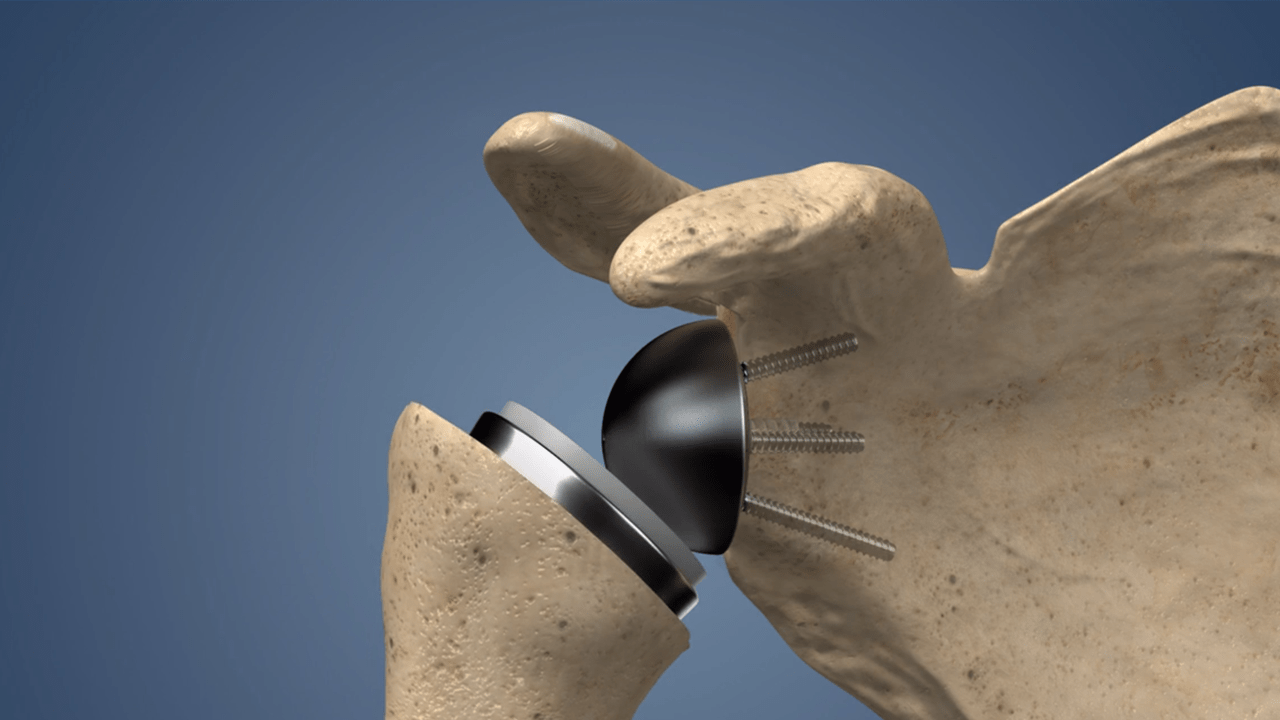
Shoulder replacement, or shoulder arthroplasty, is a surgical procedure to replace damaged parts of the shoulder joint with artificial implants. It is often recommended for individuals with severe arthritis, fractures, or rotator cuff injuries that lead to chronic pain and reduced mobility. By restoring the functionality of the shoulder, this procedure can significantly improve a patient’s quality of life and ability to perform daily tasks.
There are three main types of shoulder replacement surgeries: total shoulder replacement (TSR), reverse shoulder replacement, and partial shoulder replacement. TSR involves replacing both the ball (humeral head) and socket (glenoid) with artificial components. Reverse shoulder replacement is typically used for patients with irreparable rotator cuff damage, where the positions of the ball and socket are reversed to enhance stability. Partial shoulder replacement, or hemiarthroplasty, replaces only the damaged humeral head.
Modern shoulder replacement surgery often uses minimally invasive techniques and advanced implant designs. These implants, made from durable materials such as metal alloys and medical-grade plastics, are engineered to mimic the natural movement of the shoulder joint. The use of robotic-assisted technology in some cases ensures precise placement of the implants, enhancing the durability and effectiveness of the procedure.
Recovery from shoulder replacement involves a comprehensive rehabilitation program to restore strength, flexibility, and range of motion. Physical therapy typically begins within a few days of surgery and progresses gradually over several weeks. Most patients experience significant pain relief and improved function within a few months, although full recovery may take up to six months depending on the individual’s health and adherence to the rehabilitation plan.
Shoulder replacement is a highly effective solution for individuals with chronic shoulder pain and limited mobility. With advancements in surgical techniques and implant technology, patients can expect excellent outcomes and a return to their normal activities. Consulting an experienced orthopedic surgeon is essential to determine the best course of action and ensure a successful recovery.